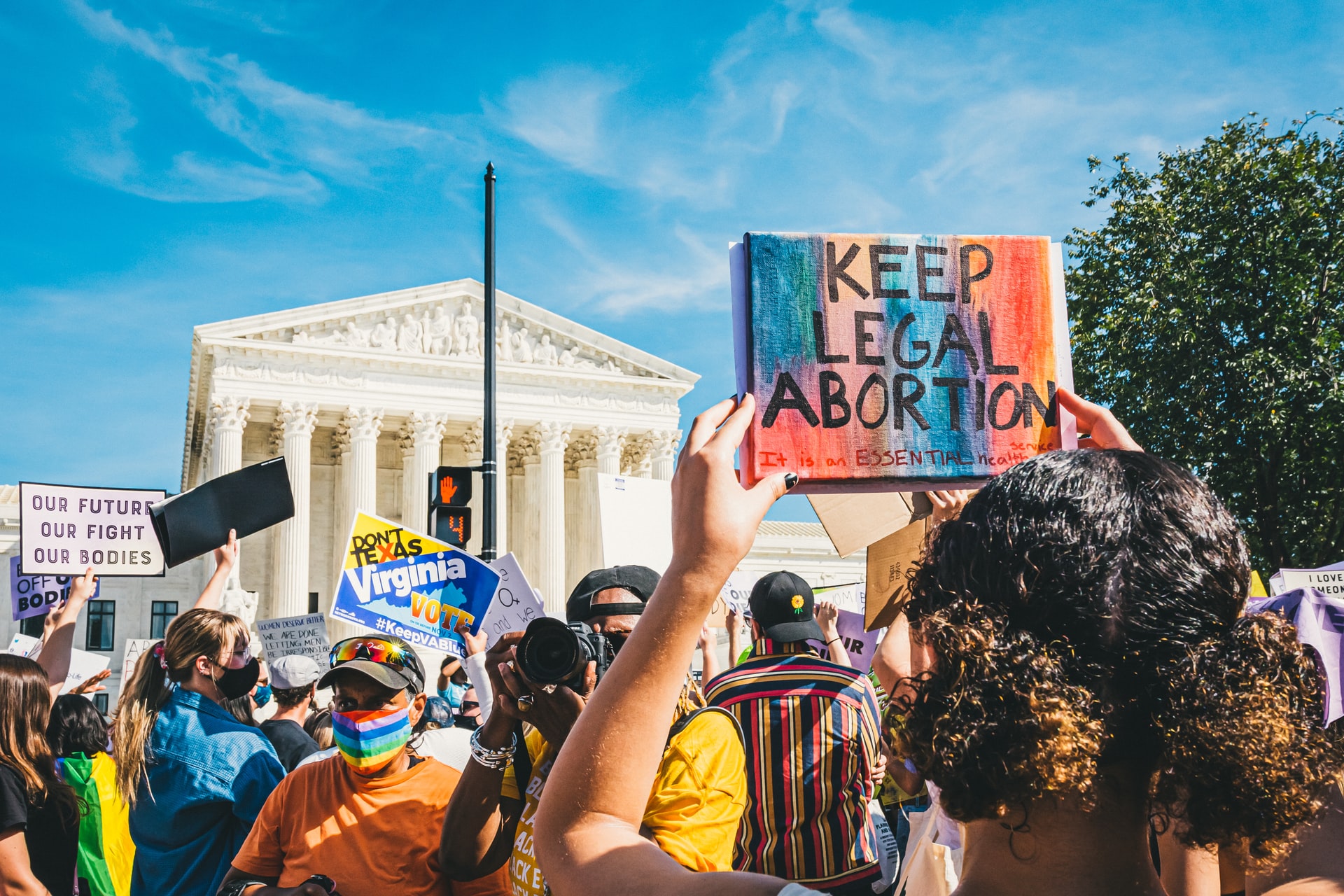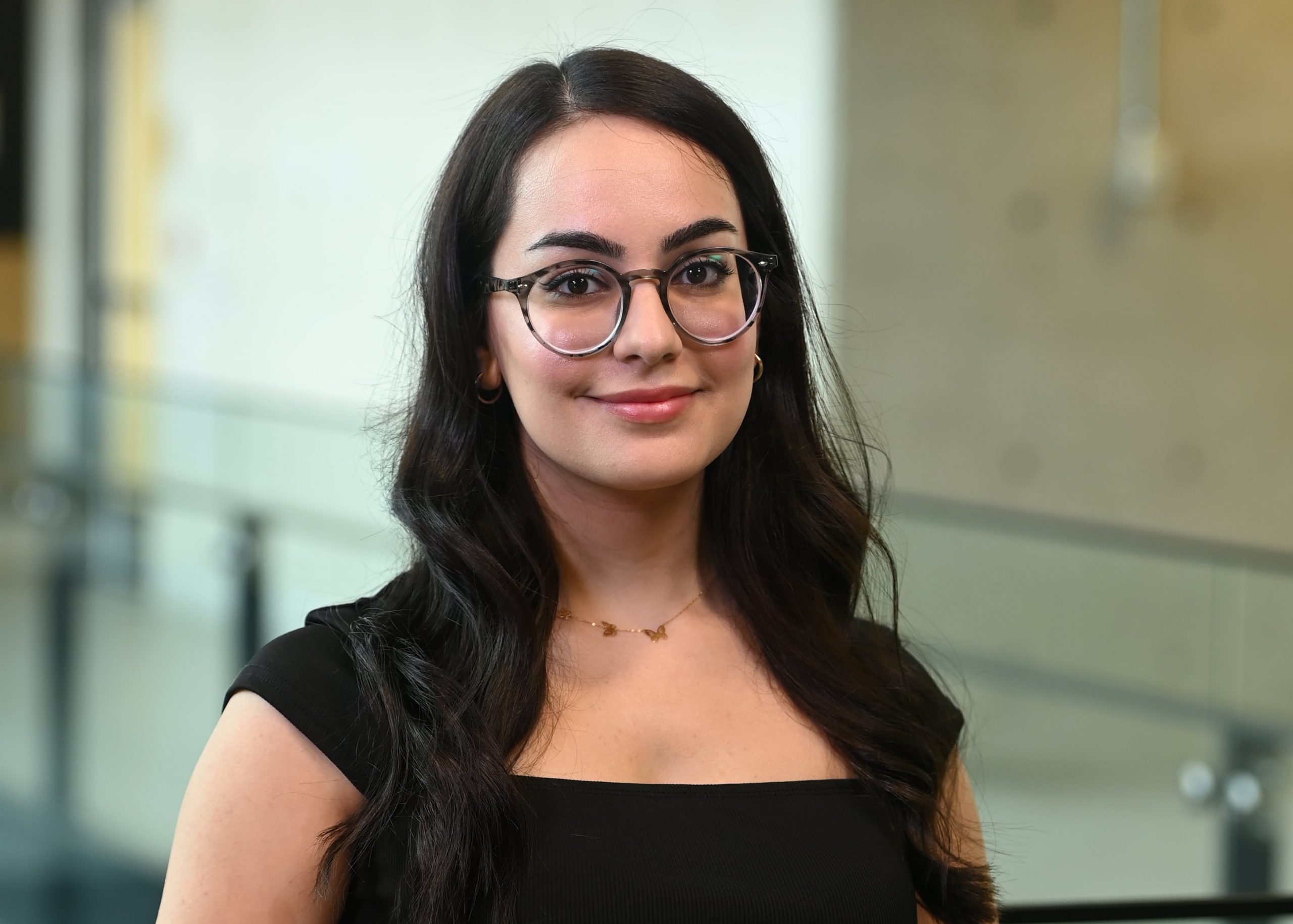
Content warning: This post discusses abortion.
The structures and practices that influence our beliefs are often invisible to us. While some people might think they have acquired beliefs according to careful deliberation and according to the relevant evidence, the world in which we live almost never allows individuals to independently acquire beliefs in this way.
Consider a few mundane examples. I believe electrons are negatively charged. I believe my doctor is qualified to treat me when I get sick. I believe abortions should be widely accessible as an essential part of healthcare.
Notice, I defer to experts where I am not qualified to assess the relevant factors. I have no tangible sense of what “negatively charged” really means: even though this is a basic concept in physics, I lack the expertise to explain how and why these quantum objects behave in the ways they do. I trust quantum physicists to make such declarations (and I believe them when they do).
My deference to my doctor highlights an additional factor at play. I put my trust in her expertise, like the physicists’, but I also put my trust in a series of institutional mechanisms designed to train doctors to practice competently and ethically. I do not have the expertise to evaluate my doctor’s competence, and I do not have the expertise to evaluate the institutional merits of medical licensing, either. I suspect your beliefs about doctors and electrons are structured in a similar way.
My beliefs about forced pregnancy seem to, again, highlight an additional factor influencing the ways I defer to experts in my vicinity. This belief seems ethically charged and partisan in a way the previous beliefs do not. In this belief, like the others, I defer to others as they report research related to abortion access—but the connections between a host of interrelated fields is much more apparent. It seems like there is much more to consider: there is relevant statistical research, public health research, health science and social science research, research in ethical theory surrounding bodily autonomy, feminist assessments of the classism, racism, ableism, and sexism enacted through abortion restriction, religious tolerance, and a host of other philosophical issues that seem to be important aspects of the discussion. So how can I be so confident in my pro-choice beliefs when the deference is so different?
It’s simple. The deference isn’t different. What strikes us as different is the practice of prioritizing the safety and care of non-white people, people who can become pregnant, queer and trans people, and disabled people.
What is important to recognize is that when I defer to scientists who report on quantum mechanics, I am putting my trust in a series of complicated and interrelated fields. When I put my trust in my doctor, I am again putting my trust in a series of institutional mechanisms born out of philosophical, health science, social science, and statistical research—with the recognition that medical institutions need more work when it comes to adequately treating identity-oppressed people. My trust in the experts holds for abortion, just like it does for these other, seemingly less controversial beliefs, and so do yours. This is to say, most (if not all) of our beliefs rely on this sort of deference to experts where there is an implicit trust in interconnected areas of expertise—and yet there is still controversy when it comes to trusting experts about the importance of abortion access.
This is an important aspect of belief polarization. While there is excellent evidence in favour of making abortion accessible, polarization surrounding contentious issues (even when the evidence is overwhelmingly clear) is partially due to the ways social structures can prevent individuals from receiving appropriate evidence in the first place.
In order to acquire beliefs at all, we depend on others to deliver reliable information to us—but we don’t only rely on experts to deliver information. There is no ‘direct line.’ Rather, we are situated in communities, which influence our political attitudes, influence our perception of empirical information, and moreover, filter the information we receive. In this way, our social circles both limit incoming information, and influence whether we will receive incoming information as reliable.
Our social conditions will interact with incoming evidence. Therefore, evidence is never ‘neutral’: it either comes from a source we perceive to be trustworthy, or it doesn’t. Individually, we proceed to vet incoming information through our cognitive mechanisms. For example, psychologists have found that humans calibrate trust according to competence and benevolence and that we check the coherence of incoming information against what we already know. This means that if evidence disagrees with what we think we know, we are unlikely to accept it. Even if the evidence is stronger than what we already have at our psychological disposal, we won’t immediately be able to see this is the case.
In short, the tactics we must use to navigate a hyper-specialized world are prone to misuse. A reality of human psychology is that we are unlikely to recognize the processes of deference (involved in coming to hold the beliefs we do) until someone brings them to our attention. When it comes to abortion access, much of the available messaging aims to point out so called ‘shortcomings’ in the deference process. Of course, deferring to experts when it comes to abortion isn’t markedly different than deference about electrons. This is clear when we make other deference processes explicit.
Improving social circumstances for people who can become pregnant does not happen in one-on-one arguments, instead it must occur at the institutional level. Our first steps must include prioritizing the safety and bodily autonomy of marginalized individuals, instead of moralizing and politicizing what should be simple equal rights legislation.










